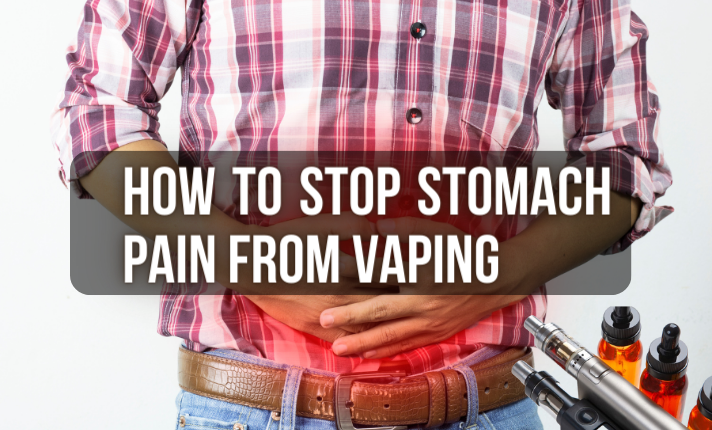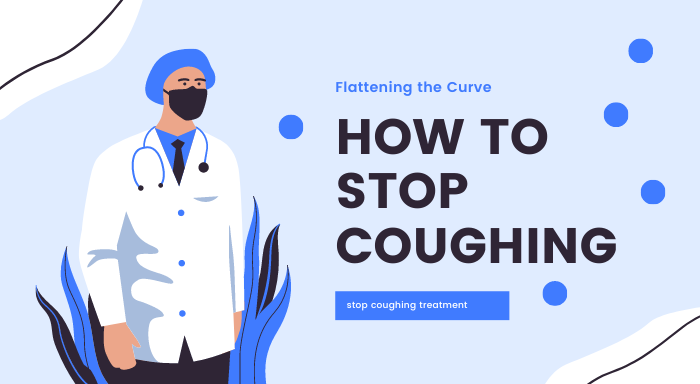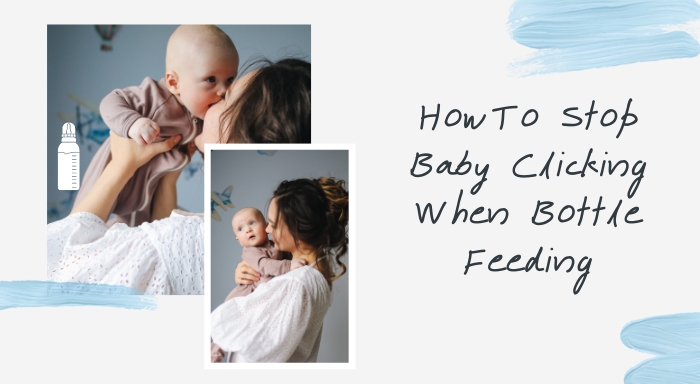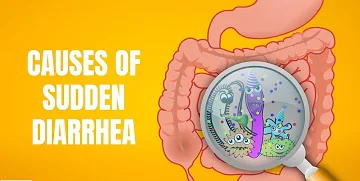How to Stop Hiccups
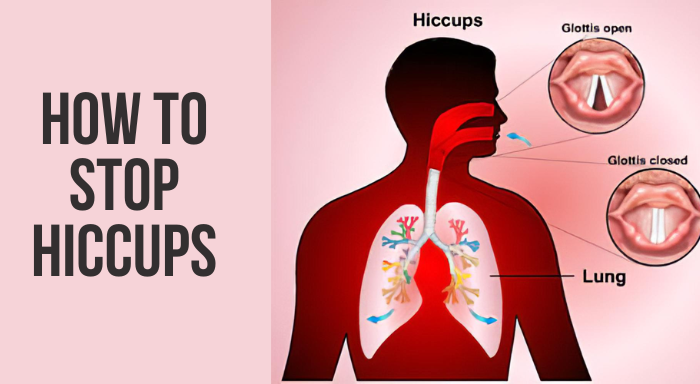
Hiccups are a common phenomenon that almost everyone experiences from time to time. These involuntary contractions of the diaphragm can be quite annoying and disruptive. Still, fortunately, there are several recipes and remedies that people have found effective to Stop Hiccups. From holding your breath to drinking water upside down, the ways to cure hiccups seem endless. One popular remedy involves breathing into a paper bag, while another suggests taking a spoonful of sugar. But do these treatments really work? Let’s examine the effectiveness of these tricks and find other ways to bid farewell to those pesky hiccups.
Everyone has their own approach when it comes to treating hiccups. Some swear by the paper bag technique, claiming it works like magic. The idea behind this treatment is that breathing into a paper bag increases the level of carbon dioxide in your body, which helps regulate the diaphragm and prevent hiccups. However, although many people find success with this method, no scientific evidence supports its effectiveness.
What are Hiccups?
Hiccups, or singlets, are involuntary spasms or contractions of the diaphragm muscles. It can happen at any age and in anyone, including infants in the womb. Hiccups are usually harmless and often resolve on their own without warning. They can happen anywhere and at any time, cause a momentary interruption of breathing and are sometimes accompanied by a whooping or “whooping” noise.
What Causes Hiccups?
Hiccups occur when the diaphragm muscle, which separates the chest from the abdomen, contracts involuntarily. This causes a sudden exhalation that stops abruptly as the vocal cords close, resulting in the well-known “hickey” sound. In most cases, hiccups are harmless and last only a few minutes. However, some people may experience prolonged or chronic hiccups, which can be more bothersome.
Although the exact cause of hiccups is unclear, certain lifestyle factors can trigger them. Consuming carbonated beverages or spicy foods, as well as excessive alcohol consumption, are known to increase the likelihood of diaphragmatic irritation and hiccups. Additionally, sudden changes in temperature or eating too quickly can also trigger hiccups.
How long do Hiccups Last ?
The last hiccup can vary from person to person. For most people, hiccups are a temporary annoyance that only lasts a few minutes. However, there are cases where hiccups last for hours or days, causing considerable discomfort. If you have been dealing with hiccups for a long time, it may be time to seek medical advice.
So, what can you do to get some relief from those pesky hiccups? Here are some tips that may help:
- Hold your breath: Breathing deeply for a few seconds can help relax the diaphragm muscles and possibly stop the hiccups.
- Drink water: Sipping a glass of water slowly can help stimulate the vagus nerve, interrupting the hiccup reflex and providing relaxation.
- Swallow a spoonful of sugar: The sweet taste of sugar is believed to stimulate the nerves in the throat and possibly prevent hiccups.
- Bite on a lemon or taste vinegar: The sour taste can distract your body from hiccups and provide temporary relief.
- Gargle with ice water: A shock of cold water can help reset the diaphragm and stop hiccups.
- Pull your knees up to your chest: This position can help relax the diaphragm and possibly prevent hiccups.
- Try acupuncture or acupressure: Some studies show that stimulating certain pressure points can help reduce hiccups.
What Stops Hiccups?
There are various techniques and remedies that people use to prevent hiccups. Here are some options you can try:
Breathing and posture techniques: Taking slow, deep breaths and holding your breath for a few seconds can help relax the diaphragm muscles and possibly prevent hiccups. Additionally, changing your posture, such as leaning forward or leaning back, can also provide relief by changing the position of the diaphragm.
Diaphragm and breathing exercises: Certain breathing exercises, such as counting your breaths or using a paper bag to breathe in and out, can help regulate your breathing and possibly prevent hiccups. can.
Pressure points: Stimulating certain pressure points on the body can help reduce hiccups. For example, applying pressure to the diaphragm, which is located just below the rib cage, or gently massaging the area where the phrenic nerve runs along the side of the neck can provide relief.
Ice water or ice cubes: Sipping on ice water or sucking on an ice cube can help reset the diaphragm and stop hiccups. A shock of cold temperature can interrupt the hiccup reflex and provide temporary relief.
Sugar or lemon: Some people find that eating a spoonful of sugar or cutting a slice of lemon can help stop hiccups. The sweet sugar or sour taste of lemon can stimulate certain nerves in the throat and distract the body from hiccups.
Salt or Vinegar: Another remedy that some people find helpful is to taste a pinch of salt or vinegar. These strong flavors can prevent hiccups and provide comfort.
Water and mouth technique: Drinking water slowly or gargling with ice water can help reset the diaphragm and possibly stop the hiccups. Additionally, holding a stream of water in your mouth without swallowing can also provide relief.
When to see a Doctor
In most cases, hiccups are harmless and resolve on their own. However, hiccups persist for a long period of time or become a chronic condition. In this case, consultation with a doctor may be necessary. Hiccups along with other symptoms such as difficulty swallowing, heartburn, or abdominal pain may be a sign of an underlying condition such as gastroesophageal reflux disease (GERD). Also, hiccups that occur after a stroke or as a symptom of multiple sclerosis should be evaluated by a health care professional.
In some cases, medications such as baclofen (Gablofen), chlorpromazine (Thorazine), or metoclopramide (Reglan) may be prescribed to help relieve persistent or chronic hiccups. It is important to consult a doctor if hiccups are causing significant discomfort or interfering with daily activities, as they may be a sign of an underlying medical condition. A healthcare professional will be able to provide a proper diagnosis and recommend appropriate treatment options.
Preventing Hiccups
Although hiccups can be a nuisance, you can change some lifestyle factors and habits to prevent them from happening in the first place. You can reduce the frequency of these annoying hiccups by making some simple adjustments to your daily routine.
An important factor is the amount of food you eat per serving. Eating large amounts or eating too quickly can increase your chances of getting hiccups. So, try to eat slowly and pay attention to your body’s signals of fullness. Taking small bites and chewing food can also help prevent hiccups.
Certain foods and drinks are also known to trigger hiccups in some individuals. Spicy foods, alcohol and carbonated drinks can all irritate the diaphragm and potentially cause hiccups. If these foods or drinks trigger your hiccups, it may be beneficial to avoid or limit their consumption.
Stress is another factor that can trigger hiccups in some individuals. Relaxation techniques such as deep breathing exercises or meditation can reduce stress and possibly prevent hiccups. Taking time for self-care and finding ways to manage stress can have a positive impact on your overall health and help reduce the occurrence of hiccups.


